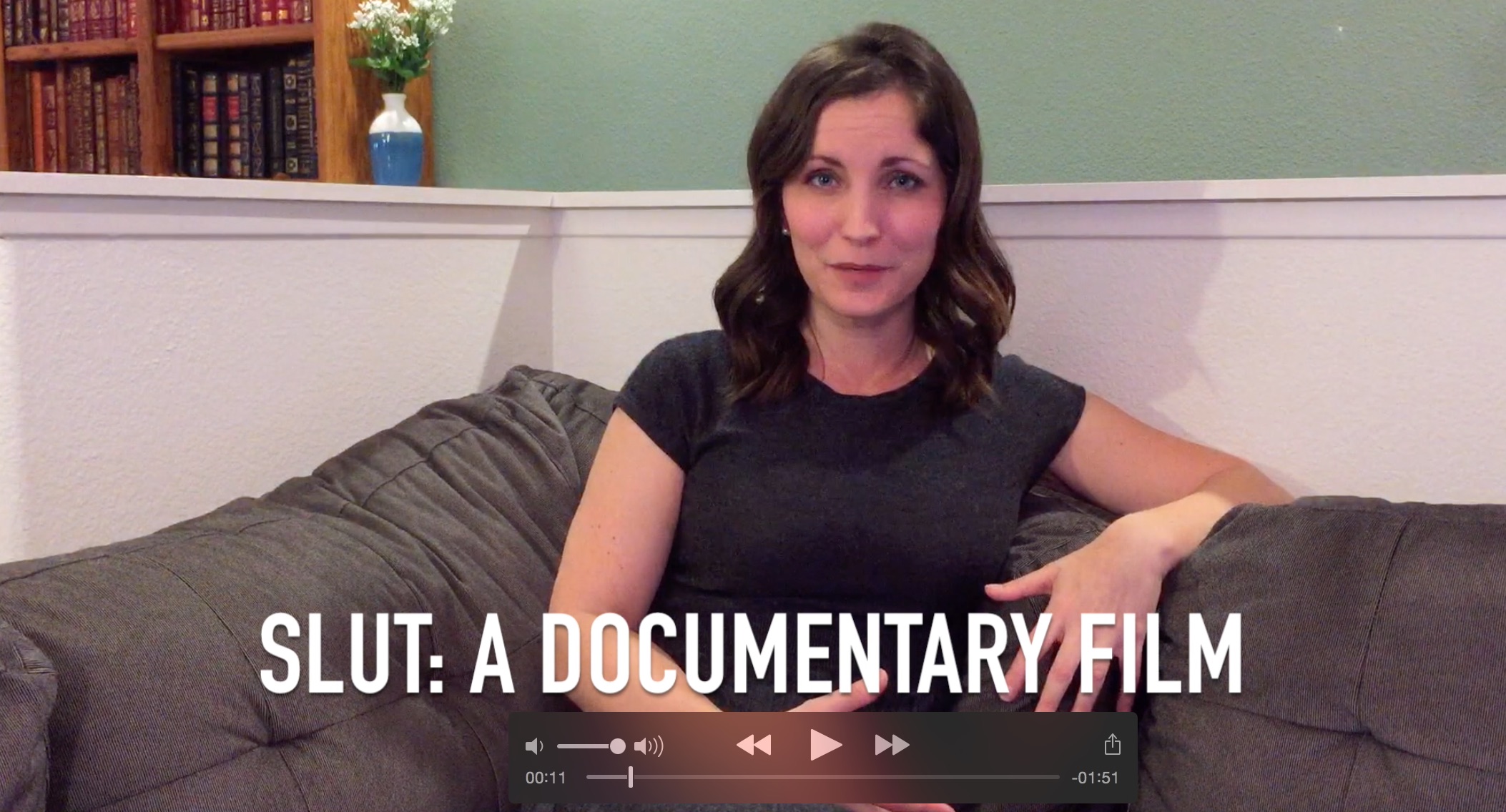
This is a guest post by Emily Lindin.
When I first started The UnSlut Project, I imagined it would function like the It Gets Better Project – but rather than focusing on LGBT youth, it would be geared toward girls who were being “slut”-shamed. The parallel was obvious: like people who are bullied for being LGBT, girls who are sexually bullied are often convinced that it’s not something about them that is “wrong”; rather, it is their very being, who they are, that is “dirty” and “bad.” This can make them feel worthless as a person and, in the most tragic cases, can lead to self-harm and even suicide.
In case you’re not familiar with the It Gets Better Project, the premise is that when LGBT youth don’t have supportive adults in their lives (which is, unfortunately, often the case), they can find comfort in videos made by adults who have survived similar bullying. These videos provide solidarity, hope, and the message that it will get better.

My idea was that this kind of project would make sense for young girls who were being sexually bullied, since they, too, often lack support from the adults in their lives. Many parents’ first instinct is to blame their daughter for being labeled a “slut” by her classmates, rather than to help her overcome that reputation in a kind, open-minded way. I had supportive parents growing up, but when I was bullied as the school “slut” back in the late 1990s, I would have greatly benefited from the reassuring messages of women who had survived something similar.

So women started submitting their stories. But here’s the thing: they wrote to me instead of recording video messages, and in most cases they asked me to keep their submissions anonymous. Some of these women were in their 40s or 50s; decades before, someone had decided they were a “slut.” But there was still so much shame surrounding that time in their life that they could not risk being identified. They wanted to reach girls who were going through sexual bullying, they wanted to speak out about their stories, but the stigma surrounding the “slut” label was still so strong that they could only do so anonymously.

I can’t blame these women for wanting to protect their identities. The stigma they fear is not imagined; in many cases, they could be putting their jobs or personal relationships at risk. In fact, when I first launched The UnSlut Project by blogging my own diary entries from when I was labeled a “slut” in middle school, I changed the names of everyone involved. To this day, I use a pen name to protect the people who bullied me over 15 years ago.
So when I started production on Slut: A Documentary Film, I knew the intensity of what I was asking of the women I interviewed. Not only were they sharing their personal experiences with sexual shaming, they were doing it on camera. They were using their full, legal names. They were putting their faces and their voices out there into the world, with the hope that what they had to say would change someone’s life.
They were doing something braver than I have ever done. And they were trusting me to represent their stories clearly and honestly, to make a film that will not only reach adults who need to know just how pervasive and widespread the issue of “slut”-shaming is, but whose message will find girls who need to know that “it gets better.”
_______________________
Emily Lindin is the founder of The UnSlut Project and the creator of Slut: A Documentary Film. She was labled a “slut” at age 11. Now a Harvard graduate pursuing her PhD in California, Emily started The UnSlut Project by blogging her middle school diaries. The project has grown into an online community where people who have experienced sexual shaming can share their stories, and where girls who are currently suffering can find support.

